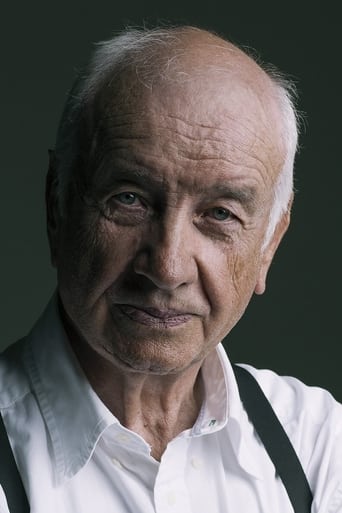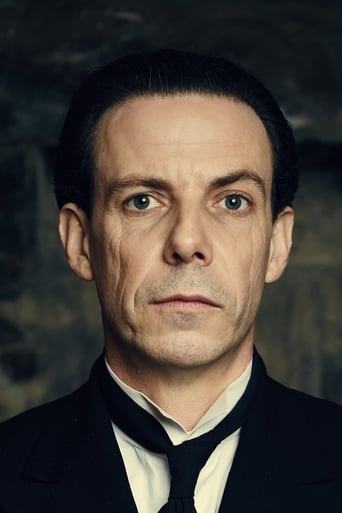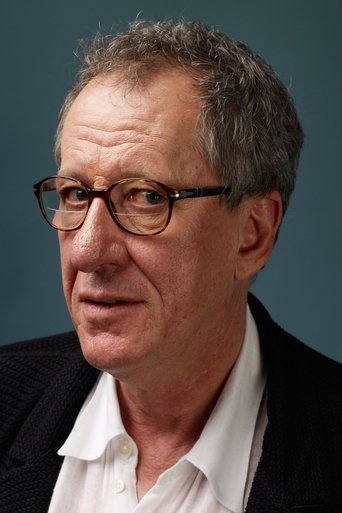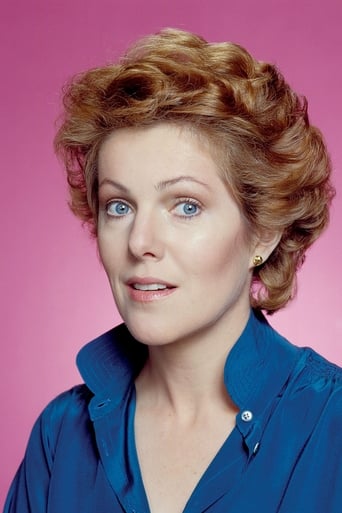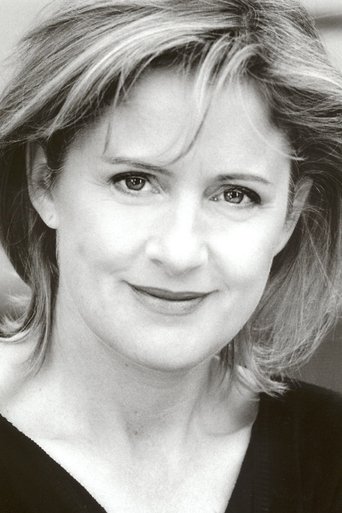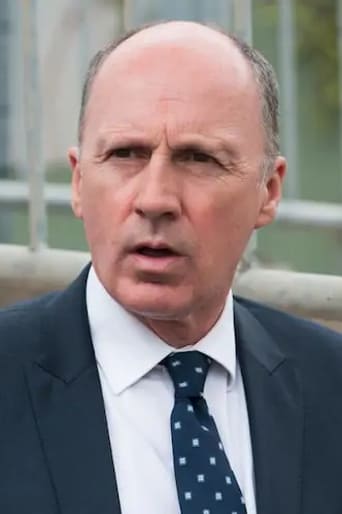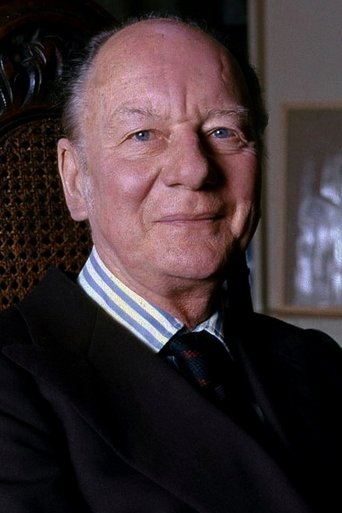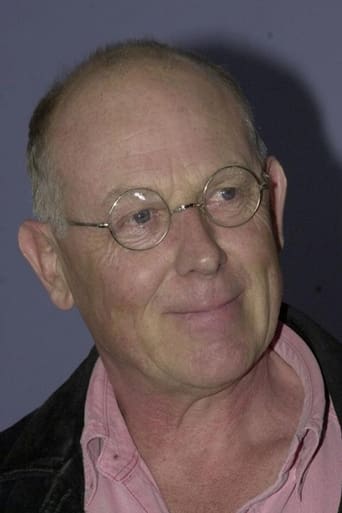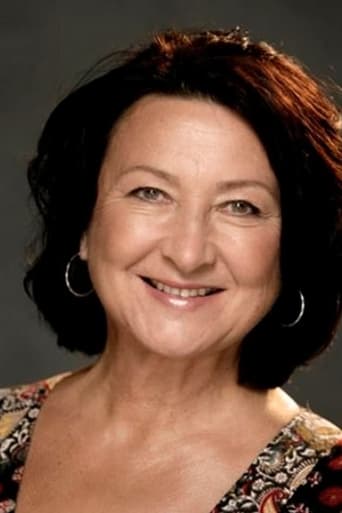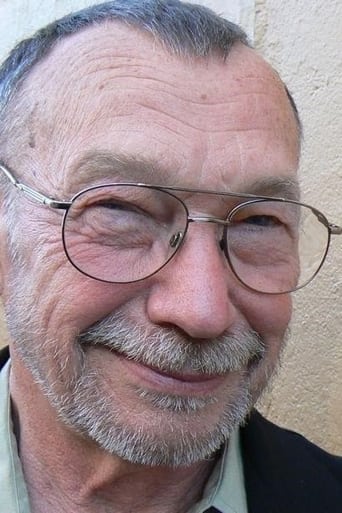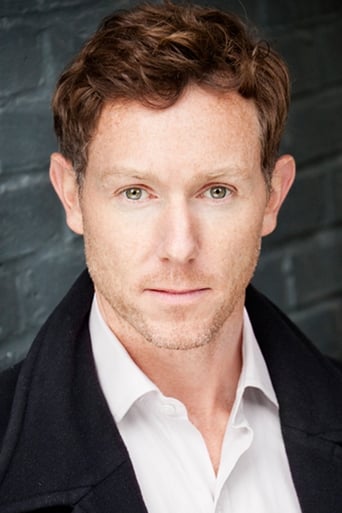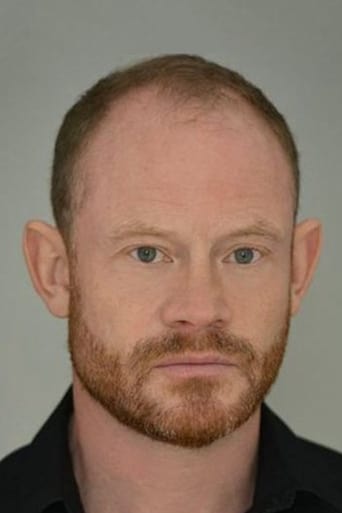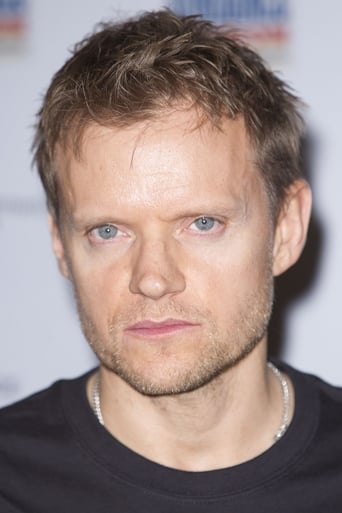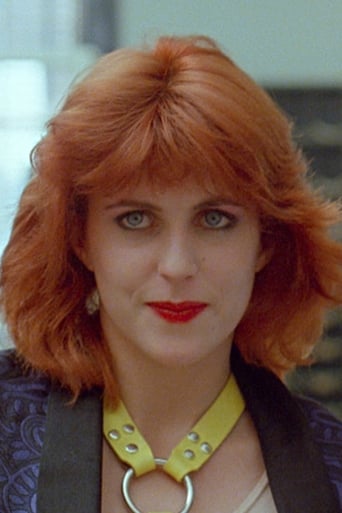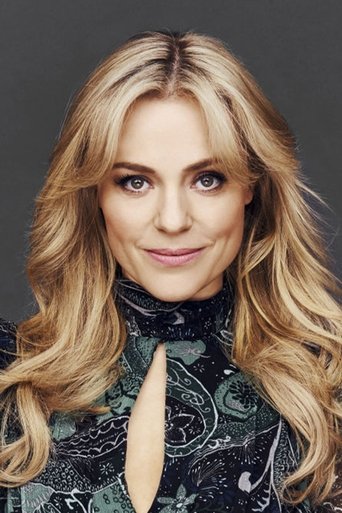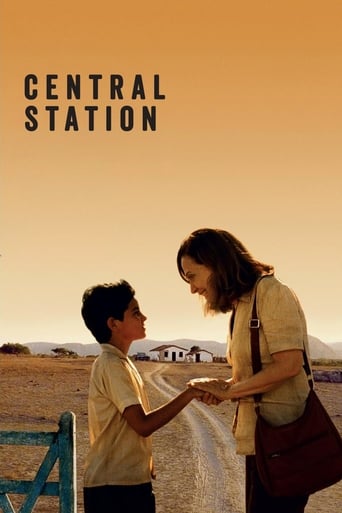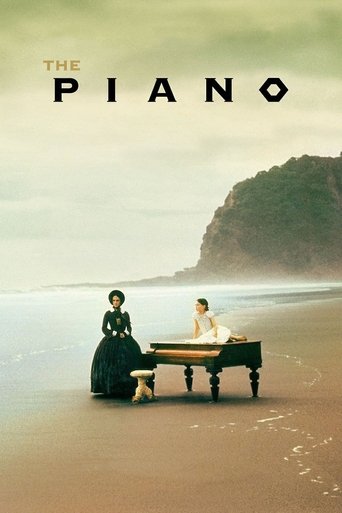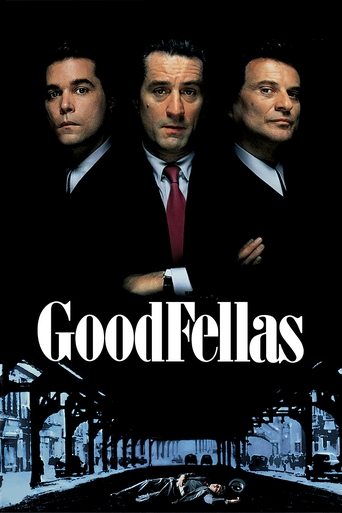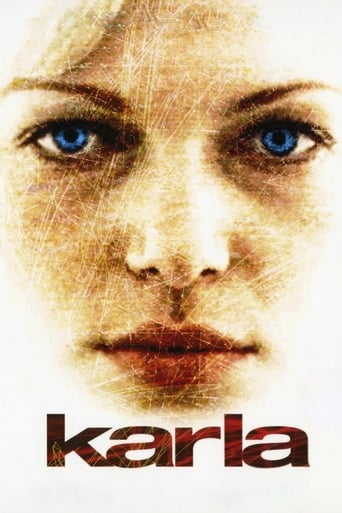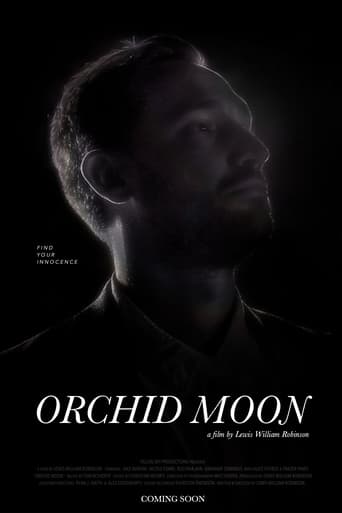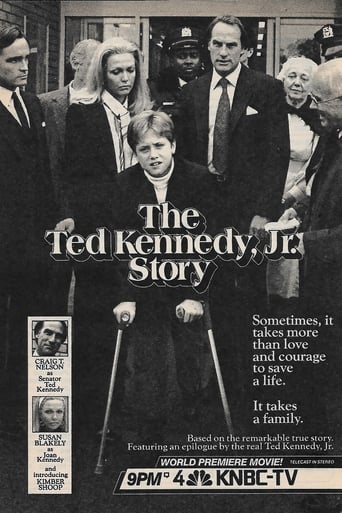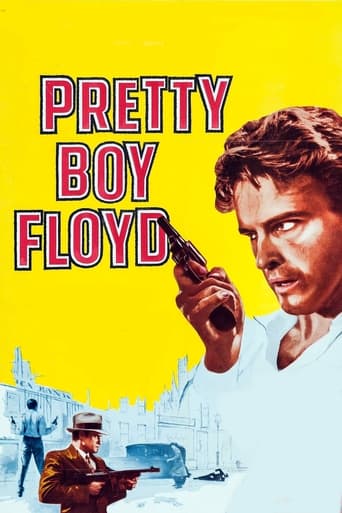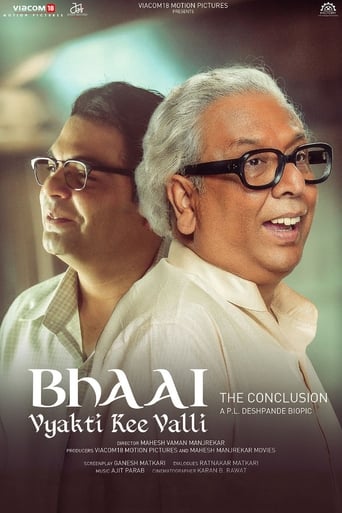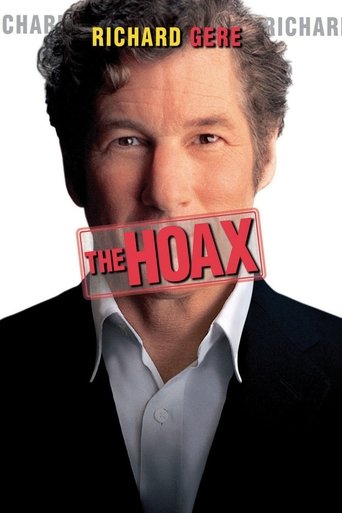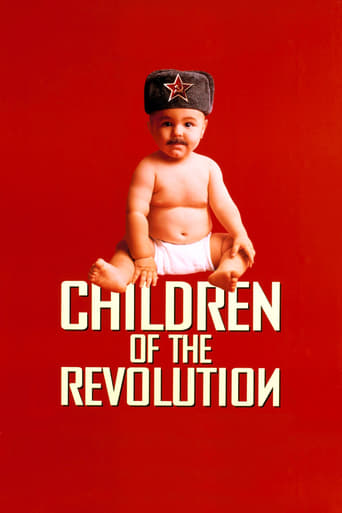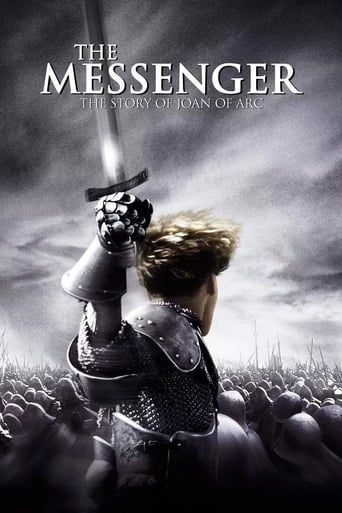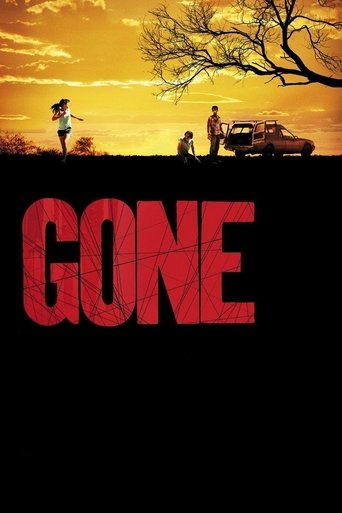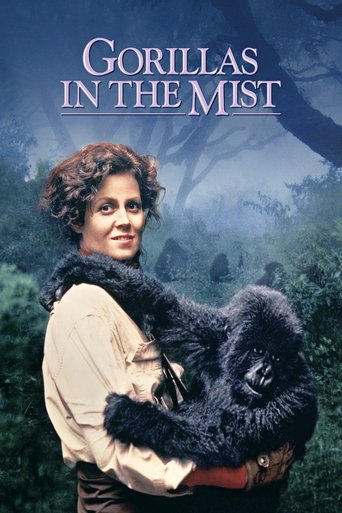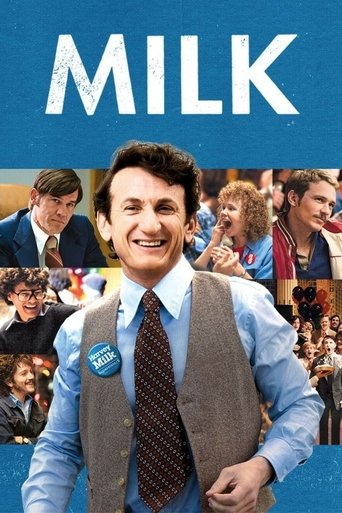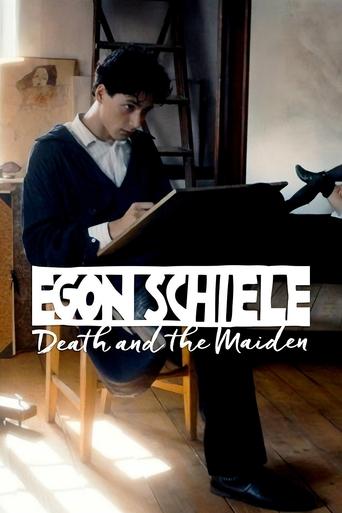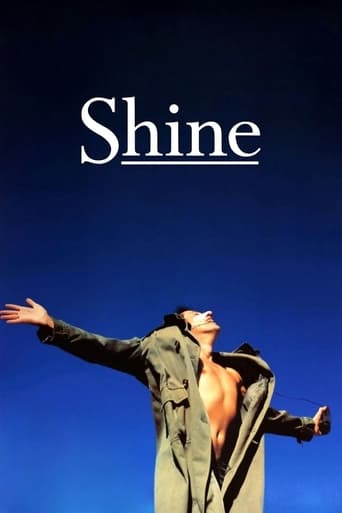
Shine (1996)
Pianist David Helfgott, driven by his father and teachers, has a breakdown. Years later he returns to the piano, to popular if not critical acclaim.
- Scott Hicks
- Stephen Woolfenden
- Jan Sardi
- Scott Hicks
Rating: 7.4/10 by 642 users
Alternative Title:
Shine - Der Weg ans Licht - DE
Shine. El resplandor de un genio - ES
Блеск - RU
Záře - CZ
钢琴师 - HK
샤인 - KR
Country:
Australia
United Kingdom
Language:
English
Runtime: 01 hour 45 minutes
Budget: $5,500,000
Revenue: $35,892,330
Plot Keyword: australia, letter, child prodigy, biography, jumping, pianist, concert hall, breakdown, piano
**Perhaps one of the most striking films in the work of Geoffrey Rush, and one of the toughest and most sincere portrayals of brilliance that cinema has seen to date.** Even though I'm a pretty serious music lover, and I've always loved classical music, I didn't know David Helfgott until I saw this film. The musical universe is full of prodigies who reveal talent since childhood. Mozart is perhaps the most famous example of this. However, it is one of those subjects that I feel we tend to overestimate, because you can also find prodigious children in other areas of knowledge, including the Human Sciences. It is, however, curious that we have so few examples of musical geniuses with solid and successful careers. Most pianists and musical performers, no matter how talented they are, depend more on their self-discipline and intensive training than on their basic talent. Helfgott, according to this film, had a difficult childhood, at the hands of an overbearing father, who basically pushed him towards a music career, realizing his talent. The problem is that the situation demanded a lot from the young genius, causing him to develop schizophrenia and several other mental problems. With serious speech problems (he stutters and talks compulsively), he is also incapable of maintaining a conventional relationship with the people around him. Of course, in the long run, we'll see how he gets around the difficulties and achieves consecration. Helfgott is played by several actors, but it is Geoffrey Rush who shines in the role. The actor was able, in this film, to cross the doors of international cinema thanks to one of the most complete and immersive portrayals of genius in cinema. Appearing on stage when the film is already halfway through, he dominates the entire work, imposing himself, demanding our attention, deserving applause. Even if the film no longer had any reason to merit – it does! – seeing the performance of this British actor would always be more than enough reason to justify a trip to the cinema. However, he is not alone: the film also gives us an excellent interpretation of Armin Mueller-Stahl in the role of the father, demanding and domineering. Noah Taylor, who gives life to the character of Helfgott in his youth, also leaves us with a job well done and of value. The script and direction also deserve a note of praise. Scott Hicks, who performs both tasks, has managed to create a film that is deeply dramatic, intense, capable of moving and making us think, without making the mistake of making it overly melodramatic or presenting things that are too dark and pessimistic. The film is deeply emotional, it even has several intense, almost painful scenes, but it is never a heavy film. In addition, the film makes a very clever use of cinematography and the soundtrack to lighten or thicken the entire environment in which the action takes place. In addition to the pieces by Rachmaninoff – a piano genius, but who finds equivalents in composers such as Chopin, Scriabin or Liszt, author of the naive but terribly demanding “La Campanella”, for me the most difficult solo piano – the film has a vast repertoire of classical pieces skillfully inserted into the soundtrack. It's worth seeing how they are used in the film.

